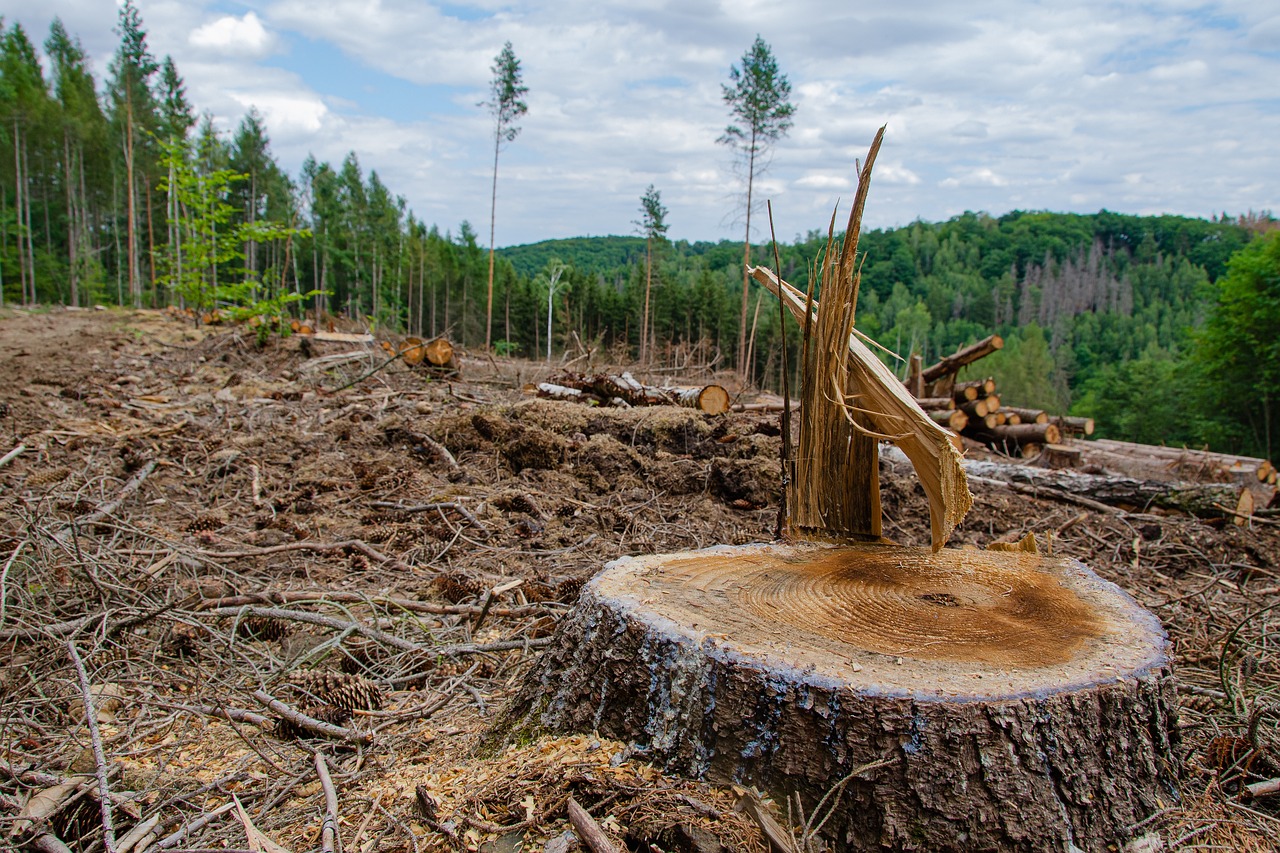Fighting deforestation within EU

In the fight against climate change deforestation is one of the main pillars to address. Historically, forests have been immense sources of natural resources, food and have contributed to the preservation of biodiversity as well as to capture C02 from the atmosphere. Nowadays, they still represent the 30 % of terrestrial Surface and they host the 80% of the global biodiversity.
However, they are unprotected. We just need to look to what happened to the Amazonia, where deforestation rates have risen up to 50% in the last years. Experts, also note that some parts of the big jungle produce more carbon dioxide that the one they can absorb.
According to the statistics provided by the World Bank, forest area has diminished from 35% to 30,2% in 2020, noteworthy because of agricultural extension, fires and livestock farms.
Within the EU, the situation is not different. According to a recent report from the European Parliament, the 88% of our forests are seminatural, which implies human intervention.
But the fact is that the EU has been the global leader in terms of climate change fight and environmental protection. In 2020, the European Commission launched the so-called European Green Deal, as the main legal framework to tackle the big challenge that climate change is for our societies. On of the most important initiatives developed within the European Green Deal is the proposal of the Deforestation Act, as something really disruptive and innovative regarding climate change fight.
That is why in the following lines we want to analyse the main points of this new protection instrument within the EU.
Backgrounds
In order to understand how we can get to the Deforestation Act, we should analyse first the initiatives, programmes and legal norms that have carried us here.
From its beginnings, the EU have been not that concerned about deforestation and its implications, but in the 90, consciousness about the subject arose. That is how the first measure is taken by the approval of the Action Plan (FLEGt) oriented towards the substitution of the cutting and the illegal imports of wood.
But this first measure had severe implementation gaps which conduct us to the approval of the European Timber regulation with obligations for agents and vendors and with a wide sanctioning regimen.
Furthermore, under the umbrella of the New Strategy for European Forest , the EU members developed a wide range of projects and strategies in order to progress within forests’ protection.
Finally, we need to mention the REEd+ mechanism, a multilateral mechanism that tries to price the carbon absorbed by forests.
Changes within the new Act
In order to understand what the new act involves, firstly, we need to note that it will derogate the European Wood Act. Furthermore, it covers important products that usually are imported by the EU members like chocolate, coffee, paper or wood. Nonetheless there still a wide range of products that are not covered.
Another important objective of the Act is to boost the importation of commodities and natural resources that are “free from deforestation”. In order to achieve such a goal, the UE will classify countries and regions by risk levels. If one country is under “high risk”, EU members are not allowed to import.
What is still missing?
Despite the fact that this new act is a step forward a stronger protection, there are still a few things missing.
First and foremost, it is necessary to determine the content of the specific obligations for agents and vendors, since they are very general. Not only that but it is also important to determine the scope of the controls and inspections.
Secondly it is necessary to widen the catalogue of products included. For example it does not include pork, sheep or goat products , as well as birds, neither, products such as corn, sugar cane, nor ethanol
Thirdly, to improve the sanctioning regime, since its implementation is left to the discretion of member states, which could imply an inconsistent implementation or an implementation far away from the objectives
Finally, members of the Council consider it needs to include more ecosystems under their scope.
Consequences and international impact
The approval of the New Act Will have important consequences within international relations and international trade, being the EU one of the most important importers of products related with deforestation.
That way, the European Commission has envisioned such a situation and it has included within its proposal the mandate that the Union should develop partnerships with exporters in order to facilitate the transition towards methods which are in line with the legislative proposal.
But the fact is that the cooperation or partnerships are limited to the enterprises that specifically trade with the Union.
Not only that, but the requisites introduced could led to commercial and diplomatic tensions with some states, noteworthy , those who are less developed and that have important market shares within the EU.
Finally, some experts agree on the idea that this new Act could break art 1 of the GATT agreement signed under the scope of the WTO.
